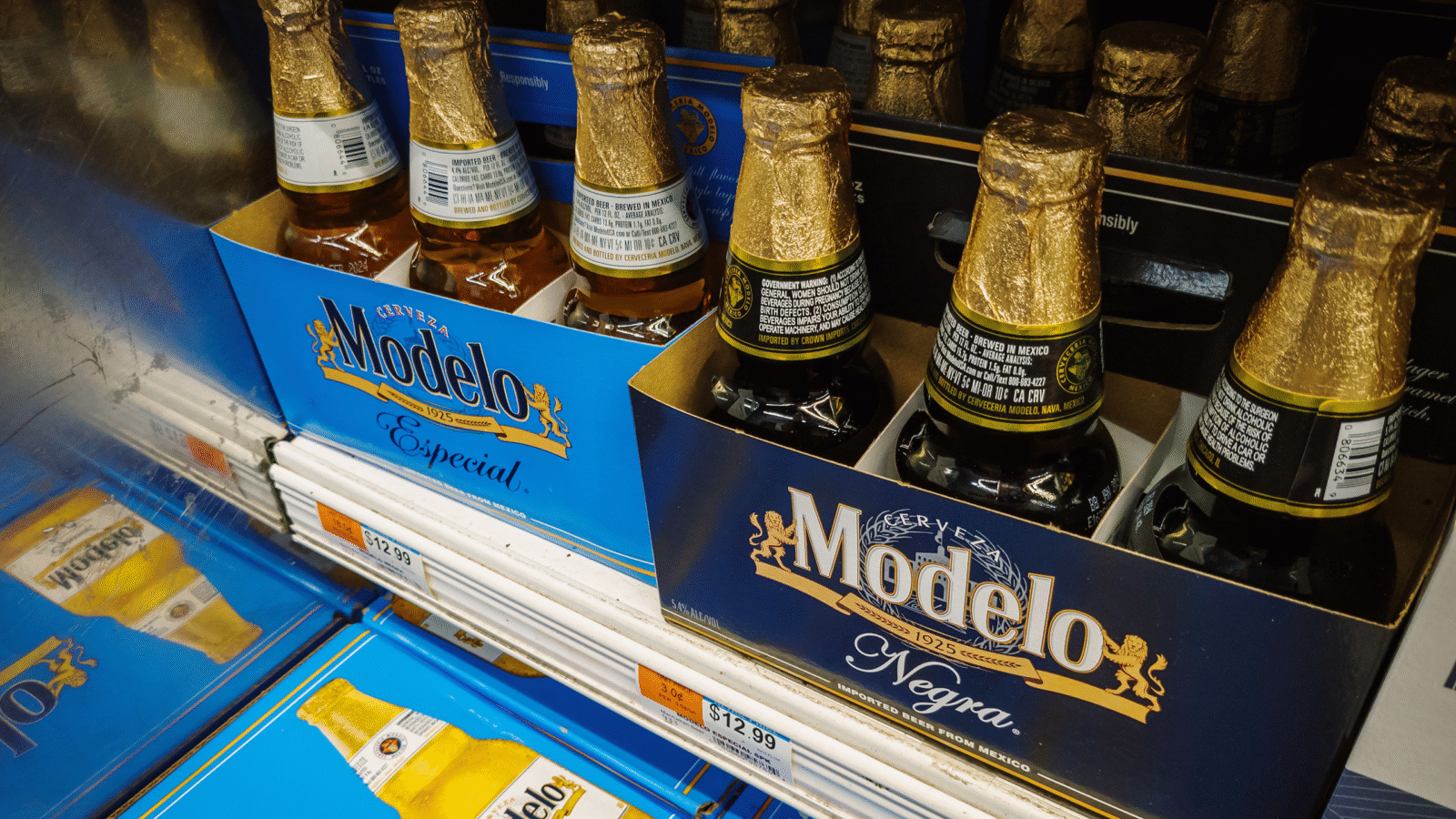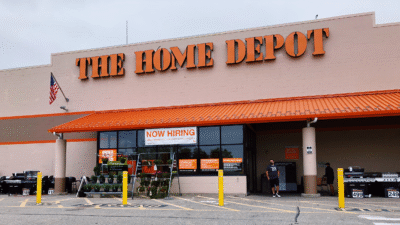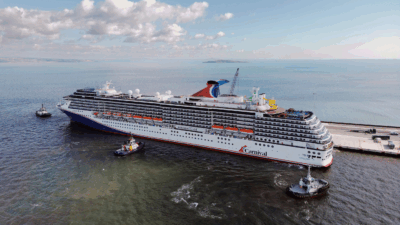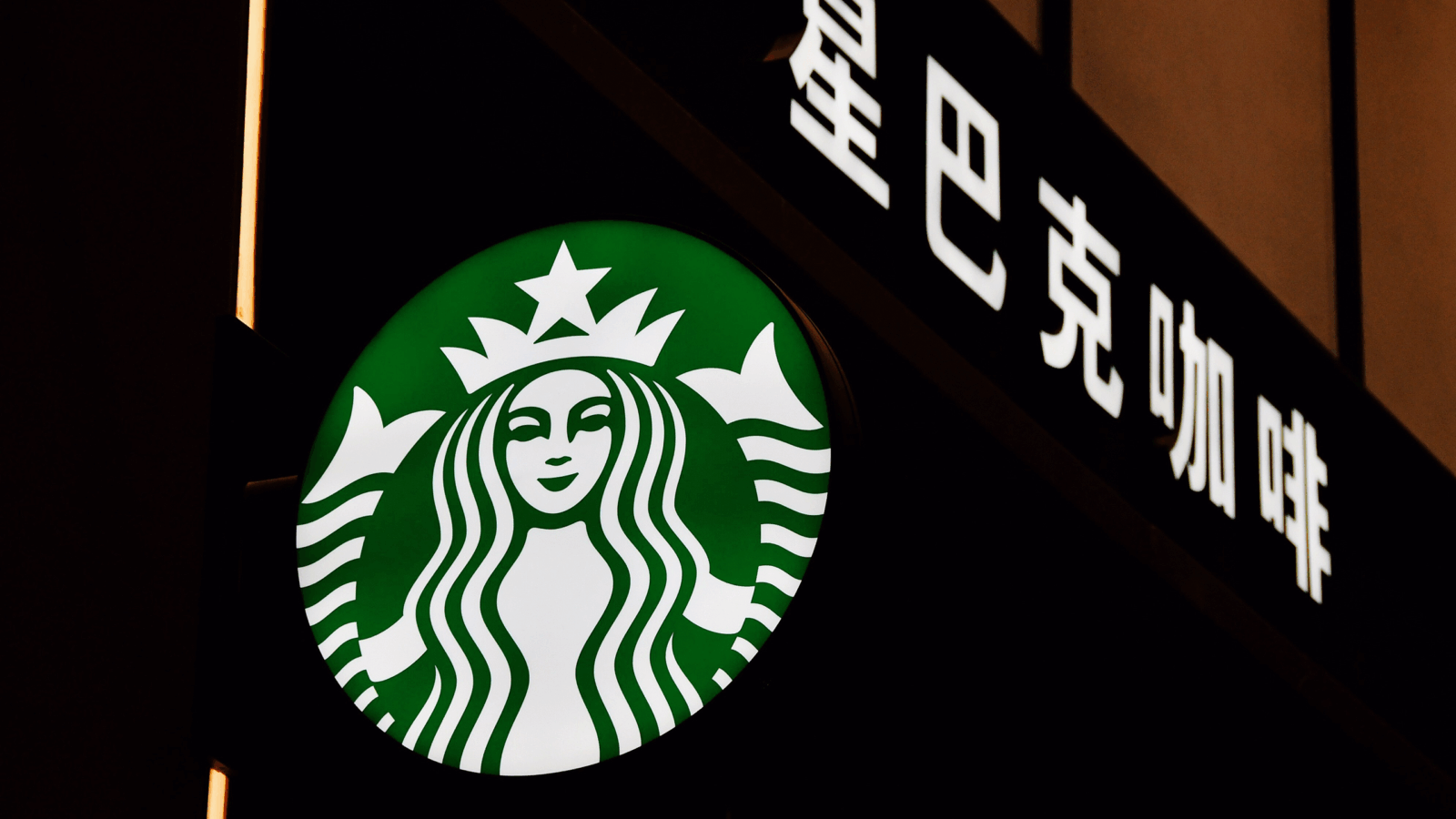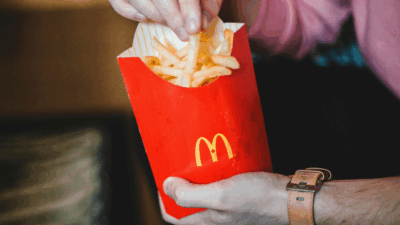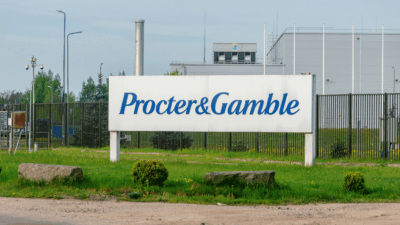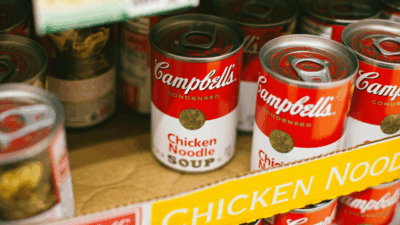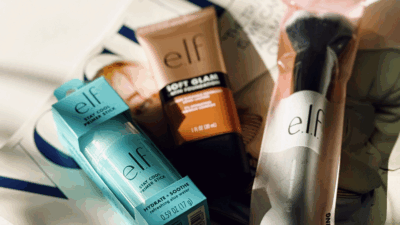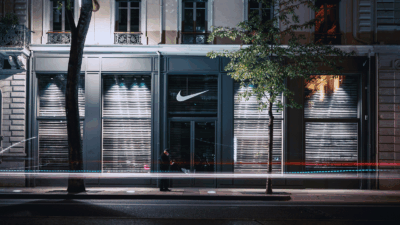PepsiCo Adds Tortilla Chip Aficionado to Its Portfolio
PepsiCo announced on Tuesday that it has agreed to buy Siete Foods for $1.2 billion, another food M&A deal this year.
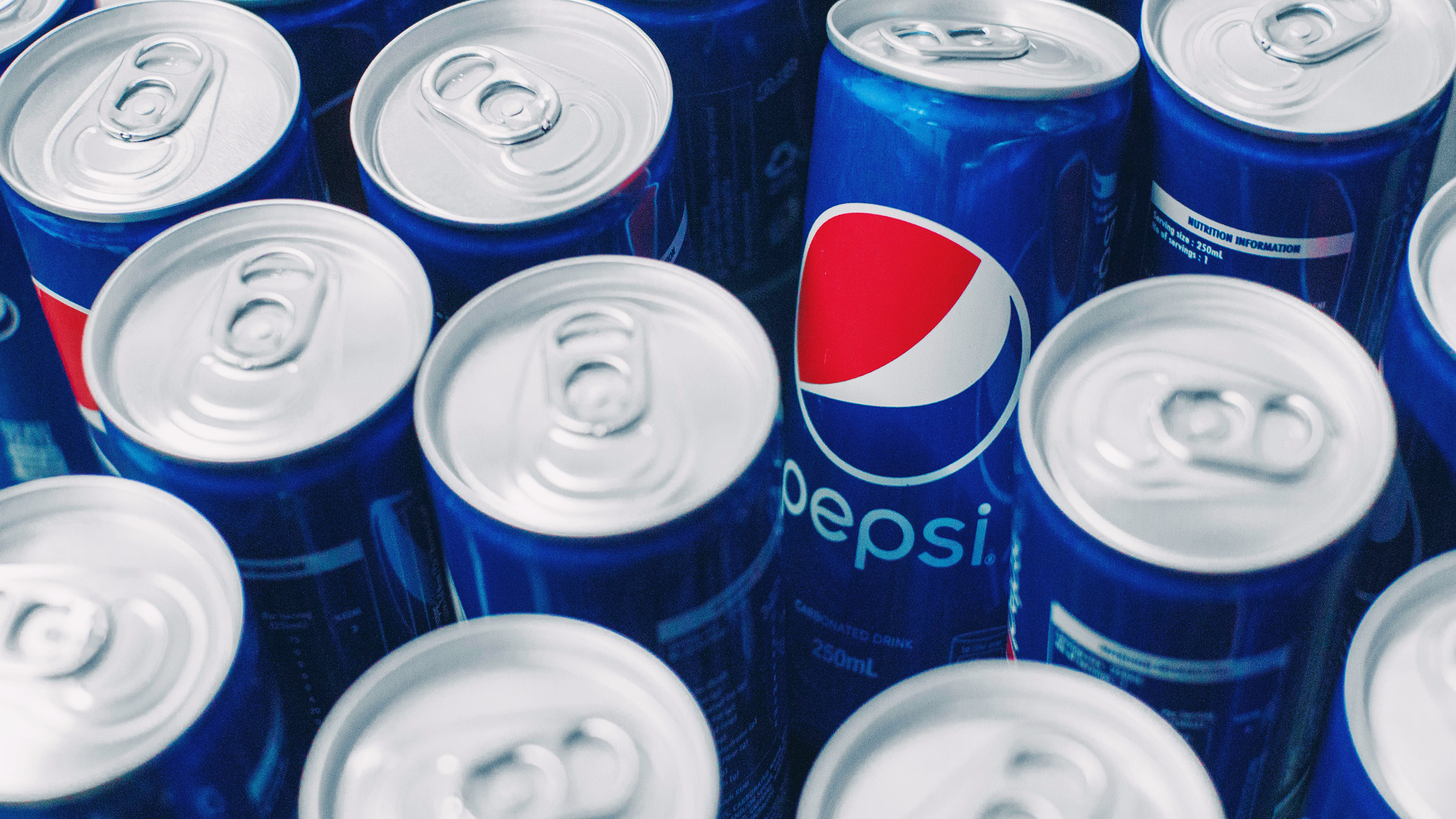
Sign up for smart news, insights, and analysis on the biggest financial stories of the day.
Snack-makers must be working up an appetite with all this deal-making.
PepsiCo announced on Tuesday that it has agreed to buy Siete Foods for $1.2 billion. This marks another acquisition in a year where packaged food M&A has picked up considerable momentum; it also shows PepsiCo might be looking to diversify its stable of products with healthier options.
Chipping Away
Austin-based Siete Foods is a Mexican-American company best known for its tortilla chips and products that cater to a wide host of dietary restrictions. Its founder, Veronica Garza, developed the idea after she had to adopt a low-inflammation diet due to an auto-immune disease. It’s the first acquisition PepsiCo has led in five years, and it brings a more health-conscious brand to its chip portfolio, which includes Lay’s and Doritos — both more likely to induce a food coma than soothe your microbiome.
PepsiCo isn’t the only packaged food-maker looking for ways to scale up its operations. This year has seen a return to form in nibbles-based M&A:
- In August, Mars inked a jumbo-sized acquisition of Pringles-maker and Kellogg’s spinoff Kellanova for $35.9 billion.
- In March, Campbell’s Soup completed its acquisition of Sovos Brands, the company behind Rao’s pasta sauces.
Weight-Loss Jitters: Snack-makers like PepsiCo have cited weight-loss drugs like Ozempic as a threat to their business models — the idea being that the more widely-used those drugs become, the less hungry the average consumer will be. Eli Lilly may have added to those anxieties on Tuesday by announcing it’s going to broaden its testing beyond obesity patients, using subjects who are not medically overweight. However, not everyone is worried about semaglutide drugs spelling the end of snacking: This summer, Truist Securities upgraded its guidance on Krispy Kreme to “buy” from “hold,” reasoning that the threat posed by weight-loss drugs had already been priced into the company’s valuation. Donuts never die.
